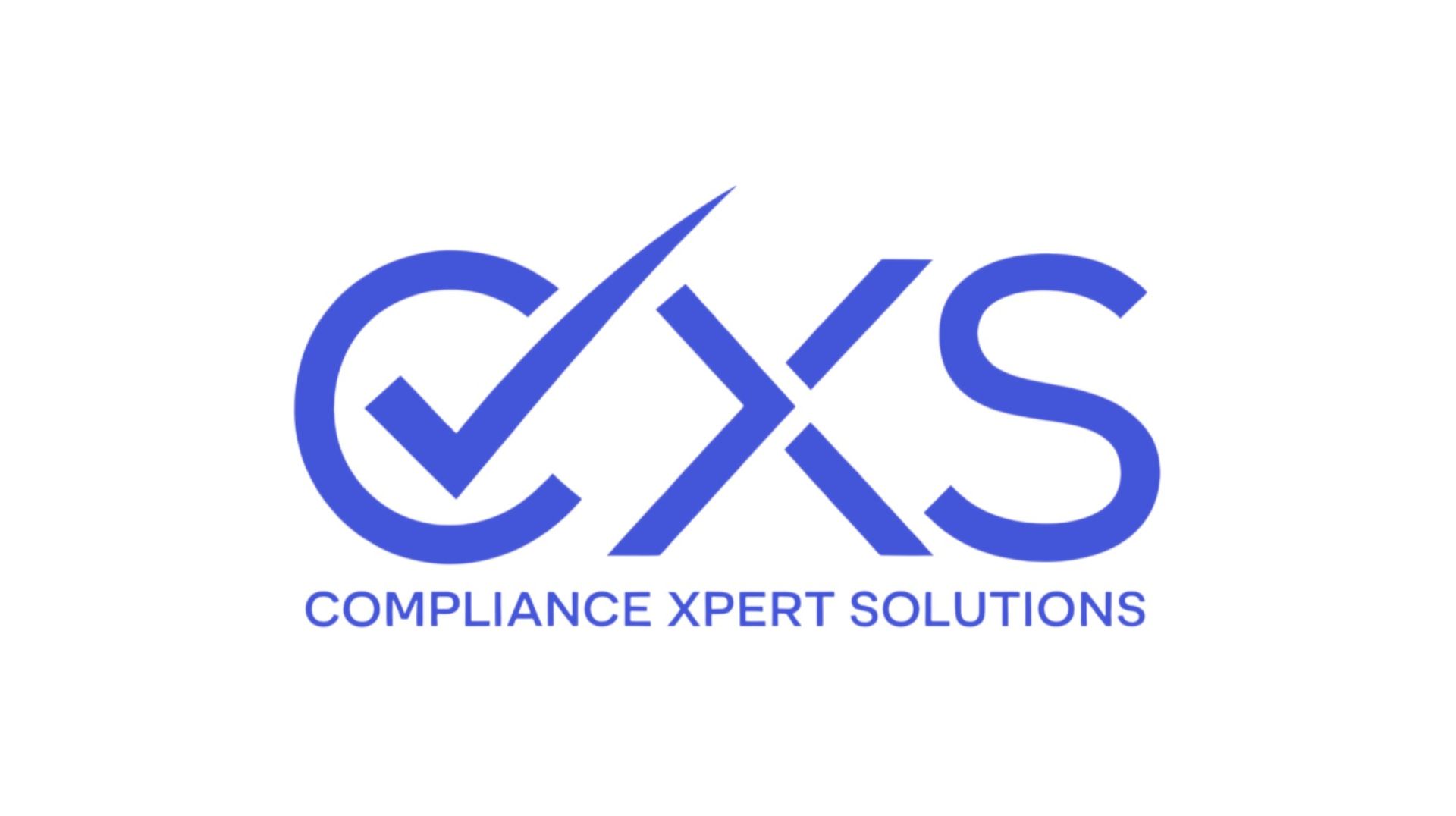The Role of Quality Management Systems in Ensuring Pharmaceutical Compliance
Understanding Quality Management Systems in Pharmaceuticals
In the pharmaceutical industry, ensuring compliance with regulatory standards is critical. A robust Quality Management System (QMS) plays a vital role in achieving this goal. By implementing a comprehensive QMS, pharmaceutical companies can ensure that their products meet the stringent safety and efficacy requirements set by regulatory bodies worldwide.
A QMS provides a structured framework for managing processes, identifying areas for improvement, and ensuring consistency in product quality. This system is essential for maintaining compliance with regulations such as the FDA's Current Good Manufacturing Practices (cGMP) and the European Medicines Agency's guidelines.

Key Components of a Quality Management System
Several key components make up an effective QMS. Understanding these components helps pharmaceutical companies maintain high standards of quality and compliance:
- Document Control: Proper documentation is crucial for tracking changes, maintaining records, and ensuring transparency.
- Risk Management: Identifying and mitigating risks is essential to prevent quality issues and ensure patient safety.
- Change Control: Managing changes to processes, equipment, and systems is necessary to maintain consistency and compliance.
Each component plays a significant role in supporting the overall quality objectives of the organization, ensuring that products are safe, effective, and compliant with regulatory requirements.

The Importance of Continuous Improvement
Continuous improvement is a core principle of quality management systems. By regularly evaluating processes and seeking opportunities for enhancement, pharmaceutical companies can maintain a competitive edge while ensuring compliance. This approach involves:
- Conducting regular audits to assess the effectiveness of the QMS.
- Gathering feedback from stakeholders to identify potential areas for improvement.
- Implementing corrective actions to address identified issues.
Continuous improvement not only helps maintain compliance but also leads to greater efficiency and reduced costs over time.

Technology's Role in Quality Management Systems
Technology plays a significant role in enhancing the effectiveness of QMS in pharmaceuticals. Advanced software solutions streamline processes such as document management, training tracking, and audit trails. These tools facilitate real-time monitoring and reporting, enabling companies to respond swiftly to quality-related issues.
Implementing modern technology solutions also aids in data integration, allowing for more informed decision-making and fostering a culture of transparency and accountability within the organization.
The Future of Quality Management Systems in Pharmaceuticals
The future of QMS in the pharmaceutical industry is promising, with emerging technologies like artificial intelligence and machine learning poised to revolutionize quality management. These technologies can predict potential quality issues before they arise, offering proactive solutions and enhancing decision-making capabilities.
As regulatory landscapes evolve, pharmaceutical companies must stay ahead by continuously adapting their QMS to meet new challenges and opportunities. By doing so, they can ensure ongoing compliance, safeguard patient health, and maintain their reputation for delivering high-quality products.
